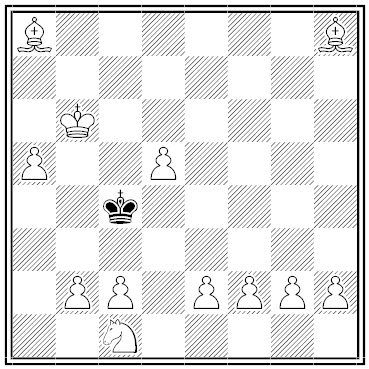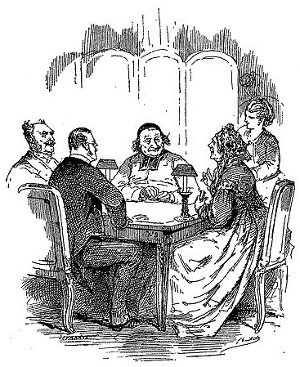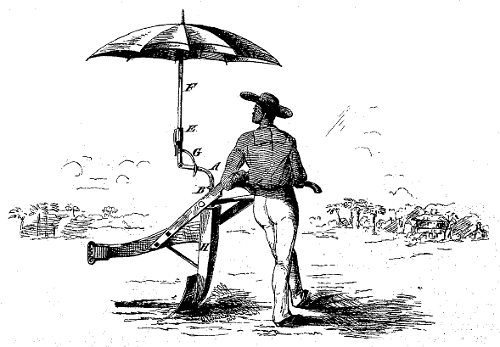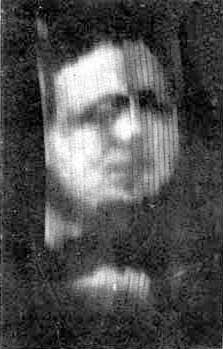Where is pain? If my foot hurts, it’s natural to say that the pain is located in my foot, that I’m perceiving something outside my mind in the same way that I might see a rainbow or smell a rose. The same is true of itches, tickles, tingles, and other bodily sensations.
But this is troubling — suppose I discover that my foot has been amputated, and that the pain exists only in a “phantom limb.” Was I then mistaken? The pain certainly exists somewhere; it seems impossible to be wrong about that. You may convince me that the rainbow is an illusion or the rose an hallucination, but it seems absurd to suggest that one’s experience of pain is mistaken. (Inversely, pain can’t exist without someone’s feeling it. If you anesthetize me and drop a hammer on my foot, the pain isn’t somehow hidden from me — it doesn’t exist at all.)
So pain is strangely private and incorrigible — only I can know whether I’m feeling it, and I cannot be wrong about this impression. It would seem that I can have such authority only if the pain is really in my head. But “it is perfectly OK with common sense that we may have sensations in body parts other than the head — say, under our right foot! Why?” asks University of British Columbia philosopher Murat Aydede. “This, then, is another puzzle about pains and other intransitive bodily sensations: how to properly understand the common practice of locating what appear to be essentially subjective and private sensations in various parts of the body.”
(Murat Aydede, Pain: New Essays on Its Nature and the Methodology of Its Study, 2005.)






